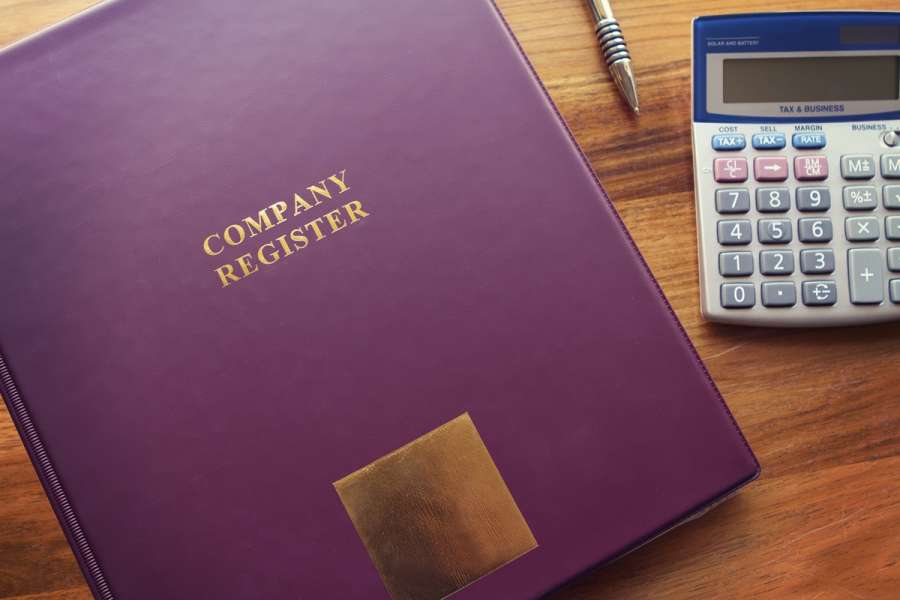In recent years, there has been an increasing trend of manufacturing businesses being sold due to an unexpected offer by a buyer, often as a trade sale to a competitor, but also in the context of private equity.
This can create a dilemma for sellers, who on the one hand have an offer that is too good to refuse, but on the other have a company that is not ready for a sale.
The lack of readiness can often result in delays, unexpected increases in professional costs, greater liability arising from the transaction documents and fundamentally a reduction in the sale price.
The sale of a manufacturing company is a complex transaction which will generally take several months or more to complete.
For many sellers, this will be the largest and most important transaction that they are involved in, allowing them to realise the company’s value which has been built up throughout the years.








